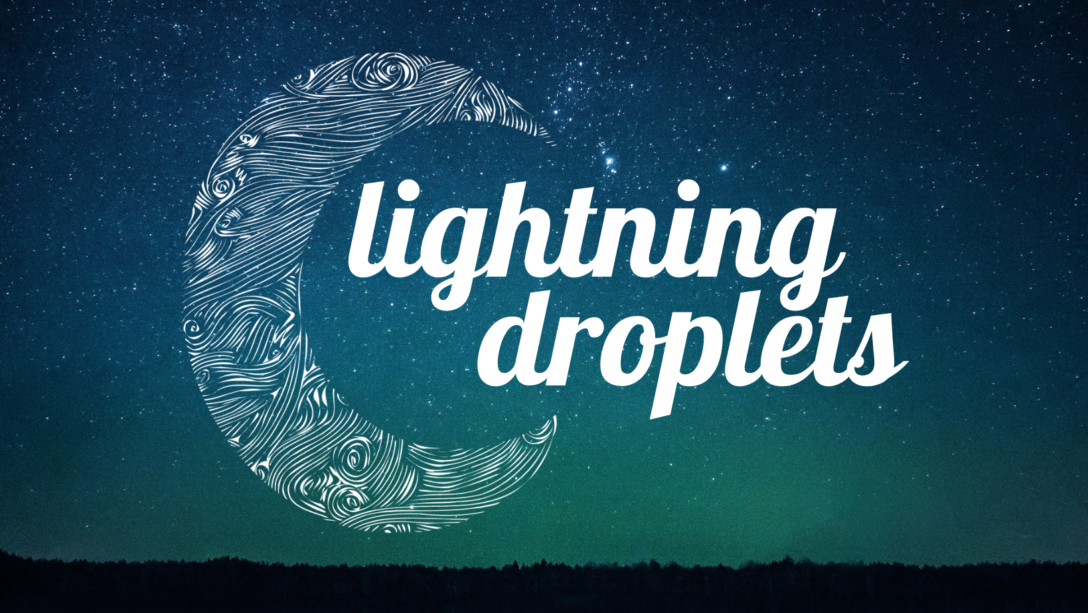Submissions now open
In 2013 we are reading and publishing on a bi-monthly basis. Each issue follows a theme. See our Themes and Announcements pages for details. Also see Archives to read past issues and get a feel for stories we publish.
February 2014: one way (submitted by Brendan Way and among the top five themes from the winter 2013 comp)
April 2014: scattered (submitted by Bruce Costello and among the top five themes from the winter 2013 comp)
What we like
We are looking for variety and originality. Tickle us, haunt us, gobsmack us. Choose your words carefully and leave our readers wanting more. And do it in 250 or less (not including title).
Please submit only previously unpublished works. If the work has appeared in any other print or electronic journal, we consider it published. If it has appeared on a writing workshop site, we will consider it but please do let us know, and we expect Flash Frontierto be credited with first publication if your work appears in our pages.
We love original art in all forms — colourful and daring, muted and understated. We’ll choose art each month which reflects the theme.
How to submit
Stories
- Electronic submissions only. Submit submissions in an email to: flashfrontier [at] gmail [dot] com
- Write Submission: month / theme (that is, name the theme, as in: Submission: January / Frontiers) in the subject line.
- Place your story in the body of the email. No attachments, please. If your story requires unusual formatting, the editors may ask for an different kind of document to confirm your formatting requirements.
- Include the title of your story, your name, and the whole text in the email.
- Please format your story by using double spacing between paragraphs and no indent on paragraph beginnings.
- Provide a brief biographical sketch (approx. 60 words) about yourself that can be included on our Contributor page. You do not have to include your bio if you have submitted to us before.
- Submissions are due by the last day of the month for the following month’s issue. Each issue will appear mid-month.
- Remember to count: 251 won’t be accepted.
- If you are submitting art, please send your work(s) as an attachment. Provide a title for the piece and tell us where the artwork originated. Artists may send up to five pieces for consideration at once.
- Please provide a brief commentary (approx. 60 words) about your art submission.
- Provide a brief biographical sketch (approx. 60 words) about yourself that can be included on our Contributor page. You do not have to include your bio if you have submitted to us before.
Payment and Rights
- We do not pay authors for their work, but there will be prizes awarded quarterly and at the conclusion of our first year.
- An author must own full copyright of the work submitted.
- First rights revert to author upon publication, although Flash Frontier reserves the right to anthologize material originally published here in electronic or printed format.
Please direct any questions to us at flashfrontier [at] gmail [dot] com

 Even when history is written in stone, it is re-written. This is the nature of the story. Suns and hawks and buffaloes are erased, scratched over to be reused in the temples of the future. Reunderstood. Re-envisaged. Repostulated. This is how Akhenaten was lost, struck from the roll of the pharaohs, a distant memory of a monotheistic heretic, a madman with only one god. He built cities and temples and sculptures of stone and gold and they were quietly erased in the span of a generation. Father of history’s most famous pharaoh, the first individual, founder of world religions and yet … forgotten.
Even when history is written in stone, it is re-written. This is the nature of the story. Suns and hawks and buffaloes are erased, scratched over to be reused in the temples of the future. Reunderstood. Re-envisaged. Repostulated. This is how Akhenaten was lost, struck from the roll of the pharaohs, a distant memory of a monotheistic heretic, a madman with only one god. He built cities and temples and sculptures of stone and gold and they were quietly erased in the span of a generation. Father of history’s most famous pharaoh, the first individual, founder of world religions and yet … forgotten.
